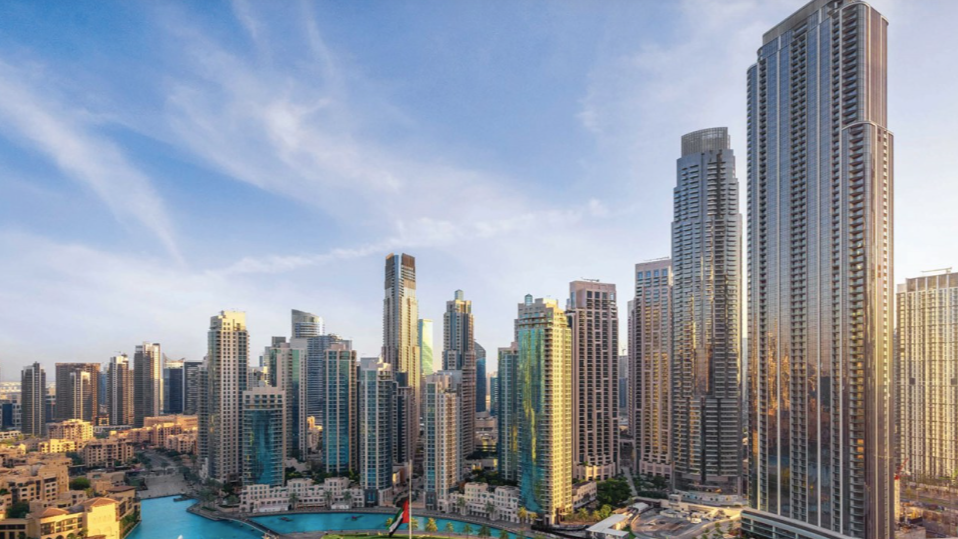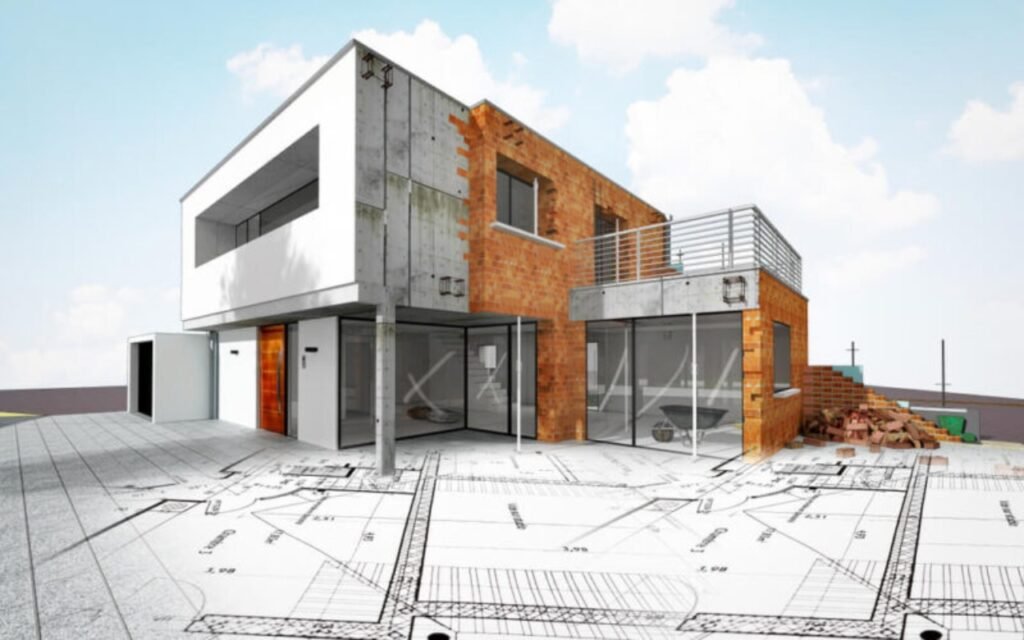
Investing in Dubai’s off-plan real estate market can be an exciting and profitable venture. The allure of buying a property before completion—often at a lower price—draws investors from across the globe. However, while the rewards can be substantial, off-plan investments come with their fair share of pitfalls. Many buyers, both new and experienced, fall into avoidable traps that can affect returns, delay profits, or even lead to losses.
If you’re planning to invest in an off-plan property in Dubai, understanding these common mistakes is crucial. Let’s explore the biggest missteps investors make and how you can steer clear of them to secure a smarter, safer investment.
One of the most frequent and costly mistakes investors make is not researching the developer properly. Dubai has many developers—some with stellar track records, others less reliable. A reputable developer ensures timely delivery, quality construction, and compliance with regulations.
Before signing any agreement, investigate the developer’s portfolio. Review their completed projects, assess customer feedback, and check delivery timelines. Visit previous developments if possible. A strong history of on-time delivery and quality finishes is a good indicator of reliability.
Pro Tip: Always verify if the developer is registered with the Dubai Land Department (DLD) and the Real Estate Regulatory Agency (RERA). These registrations protect investors against fraudulent or unlicensed developers.
Off-plan projects in Dubai often attract buyers with flexible payment plans—sometimes 1% monthly or post-handover options. However, many investors only look at the surface numbers without fully understanding the structure and hidden costs involved.
Some developers include additional fees such as registration costs, maintenance charges, or service fees that aren’t clearly communicated upfront. These can significantly impact your return on investment if not factored into your budget.
Before committing, ask for a detailed cost breakdown, including:
Understanding the total investment amount will help you evaluate your affordability and expected ROI accurately.
Location remains one of the most important determinants of real estate value. Many investors, especially those buying off-plan, fall for glossy brochures and promotional videos without evaluating the area’s true potential.
A prime location ensures long-term value appreciation and rental demand. On the other hand, a poorly connected or underdeveloped area might leave your property idle or force you to sell at a lower price.
Before purchasing, consider:
Tip: Projects near upcoming transport links or commercial zones often offer higher returns upon completion.

Dubai’s property market moves in cycles. Buying at the wrong time can limit potential returns, even in high-quality projects. Some investors rush to buy during hype phases—when everyone is investing—without assessing whether supply might soon outpace demand.
Understanding market trends helps you identify the best entry point. Analyze how many similar off-plan units are being launched in your preferred area. Oversupply can affect resale value and rental yields later.
Staying updated with Dubai’s real estate market reports can help you gauge whether it’s a buyer’s or seller’s market and plan your purchase accordingly.
The Sales and Purchase Agreement (SPA) is one of the most crucial documents in an off-plan property transaction. Many investors sign it hastily, relying solely on verbal assurances from agents or developers.
The SPA outlines project timelines, payment schedules, construction milestones, penalties for delays, and handover terms. Any ambiguity in these clauses can become problematic if disputes arise.
Key details to verify in the SPA include:
Hiring a real estate lawyer to review the document before signing can save you from future complications.
Many investors focus solely on the buying process without considering how and when they’ll exit the investment. Off-plan properties may take years to complete, and during this period, market dynamics can shift.
Having an exit strategy is vital. Ask yourself:
Some developers restrict resale until a certain percentage of payments are made. Knowing these conditions in advance helps you plan your investment timeline effectively.
All off-plan projects in Dubai must be registered with the Real Estate Regulatory Agency (RERA). This registration ensures that funds paid by buyers are held in escrow accounts, used only for project development.
Unfortunately, some investors skip this verification step. Purchasing from an unregistered or unapproved project exposes you to high financial risk if the project is delayed or abandoned.
Always ask for the RERA project number and confirm it on the DLD website before making any payments. It’s a simple but essential safeguard against fraud.
Many investors buy and then forget about the project until completion. This lack of follow-up can lead to unpleasant surprises later, such as construction delays or deviations from promised quality.
Even though you may not reside in Dubai, it’s advisable to monitor construction progress regularly. Developers often provide updates through official portals or newsletters.
If possible, schedule periodic site visits or appoint a trusted representative to inspect progress. Staying informed gives you confidence in your investment and helps ensure accountability from the developer.
The phrase “guaranteed returns” often lures investors into hasty decisions. Some developers or agents promise unrealistic rental yields or appreciation rates that don’t reflect actual market trends.
While Dubai offers attractive returns, it’s important to remain cautious of any guarantee that seems “too good to be true.”
Instead, focus on verified market data—rental demand, comparable property prices, and location growth indicators—to form realistic expectations. Investing based on hype rather than facts is one of the quickest ways to lose money.

Owning an off-plan property doesn’t end at handover. Many investors overlook property management—a critical factor in ensuring rental income and long-term maintenance.
Ask yourself:
Neglecting these details can lead to vacant periods, higher costs, and reduced ROI. Choosing a reliable property management company helps maintain your property’s value and occupancy rate.
Dubai has strict real estate regulations designed to protect investors. However, failing to comply with documentation requirements or ignoring legal procedures can cause major setbacks.
Ensure all payments are made through approved channels, and receipts are properly recorded. The Oqood registration (a document from DLD confirming your off-plan purchase) must be completed to legally secure ownership rights.
Having an organized record of every transaction ensures transparency and protects you in case of disputes or developer defaults.
Some investors rely heavily on financing or stretch their budgets to purchase off-plan units, assuming they can sell quickly for profit. However, market fluctuations can delay returns, making it difficult to meet payment milestones.
To avoid financial strain, calculate your investment limits conservatively. Ensure that you have enough liquidity to cover payments even if delays occur or the market slows temporarily.
A financially balanced approach reduces risk and helps you stay focused on long-term growth.
Delays are not uncommon in off-plan developments, even with top-tier developers. Some investors underestimate how such delays can impact rental income or future resale plans.
Before purchasing, evaluate the developer’s historical delivery record. Also, confirm the penalties for delayed handovers specified in the SPA. Knowing these terms allows you to manage expectations and avoid cash flow disruptions.
A property’s value doesn’t depend solely on its building—it’s equally tied to the surrounding infrastructure and community. Many investors purchase units in early-phase projects without checking whether the area will have schools, retail options, and healthcare facilities.
If infrastructure development lags behind, it may take years before the area becomes livable or profitable for rentals. Therefore, always study the master plan of the area and understand how the community will evolve over time.
Lastly, many investors skip professional advice to save money—only to spend far more later fixing mistakes. Working with a licensed real estate agent or consultant familiar with Dubai’s off-plan market can help you avoid pitfalls.
They can guide you through developer selection, location analysis, legal compliance, and payment planning. A professional’s insight adds value and reduces risk, especially for first-time investors.
Dubai’s off-plan property market offers tremendous opportunities for capital appreciation and flexible entry points. Yet, success lies in due diligence, patience, and strategy. Avoiding these common mistakes—ranging from ignoring developer credibility to neglecting legal compliance—can make all the difference between a profitable investment and a costly regret.
Before you sign that dotted line, take a step back, research thoroughly, and plan your exit as carefully as your entry. Dubai rewards smart investors—those who combine enthusiasm with awareness.
If you treat your off-plan purchase as a long-term investment rather than a quick gamble, you’ll likely enjoy strong returns in one of the world’s most dynamic real estate markets.
Do Follow Estate Magazine on Instagram
